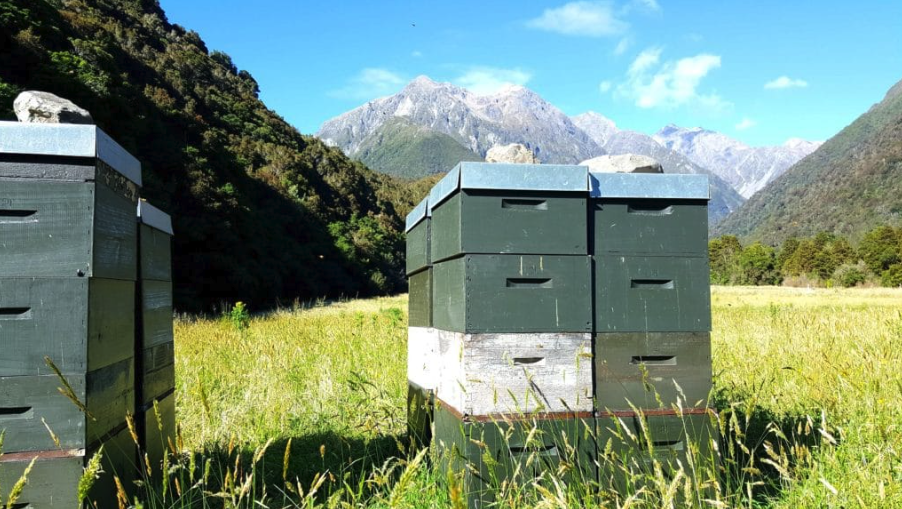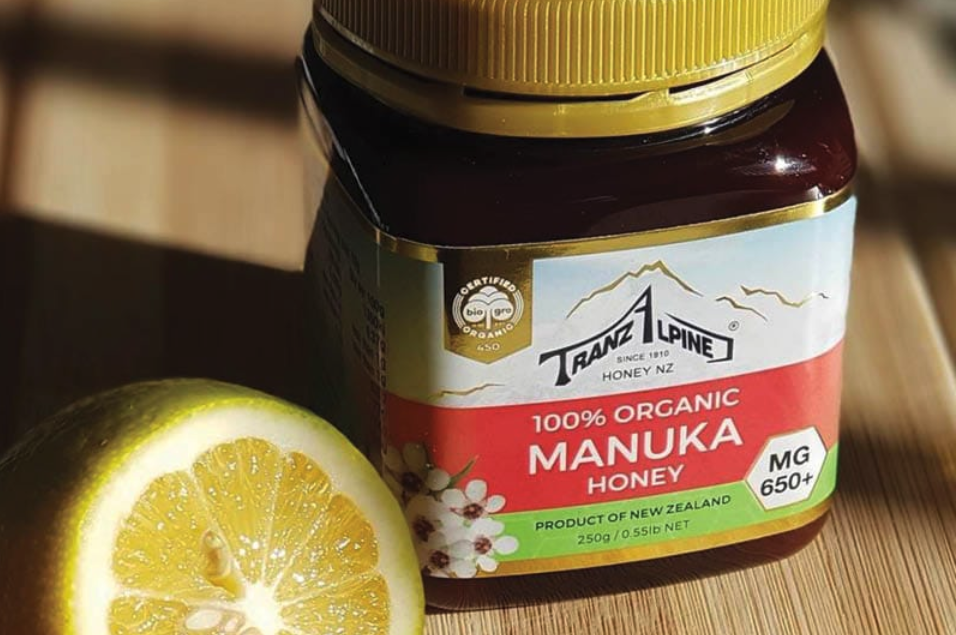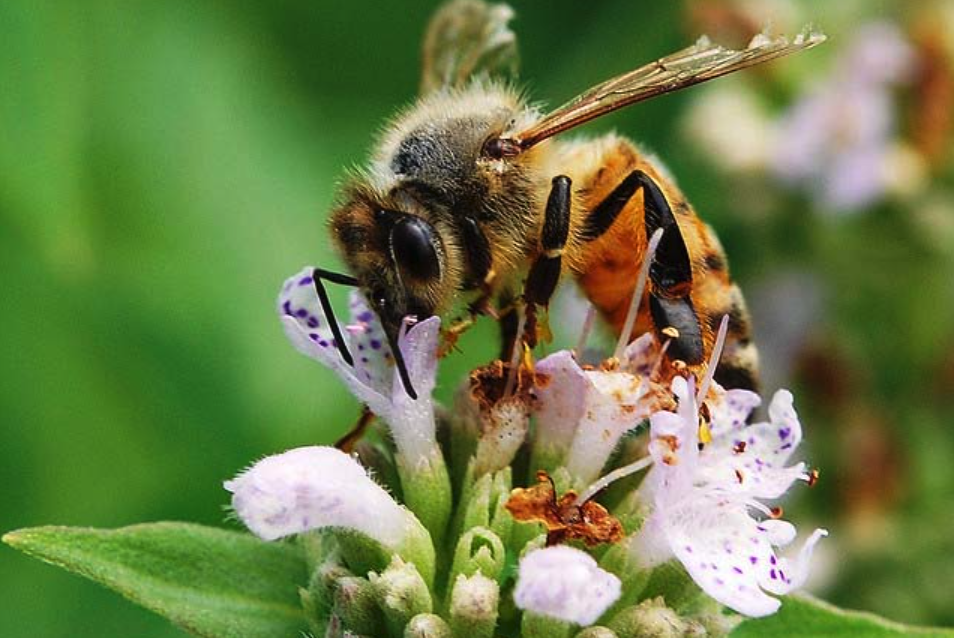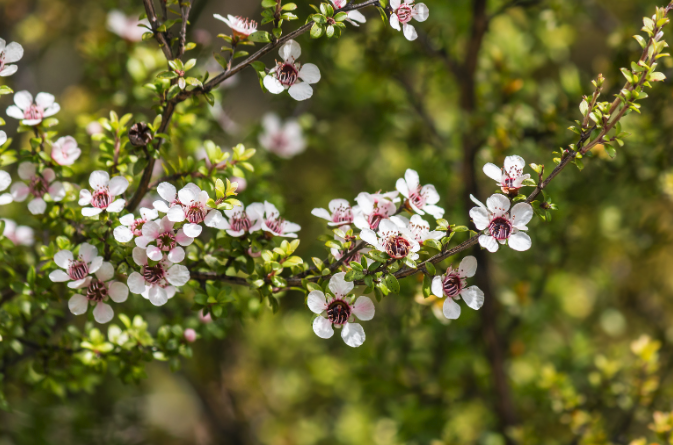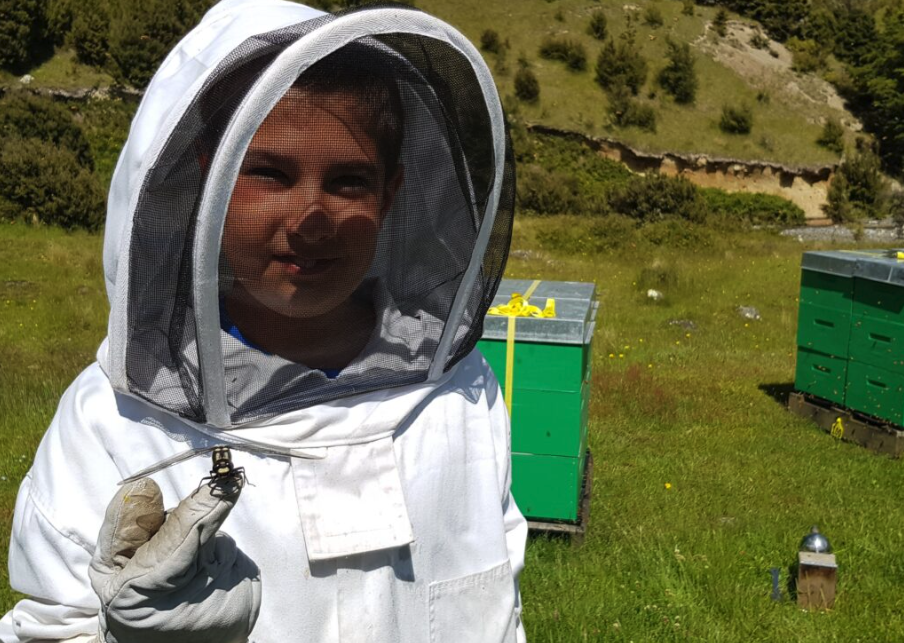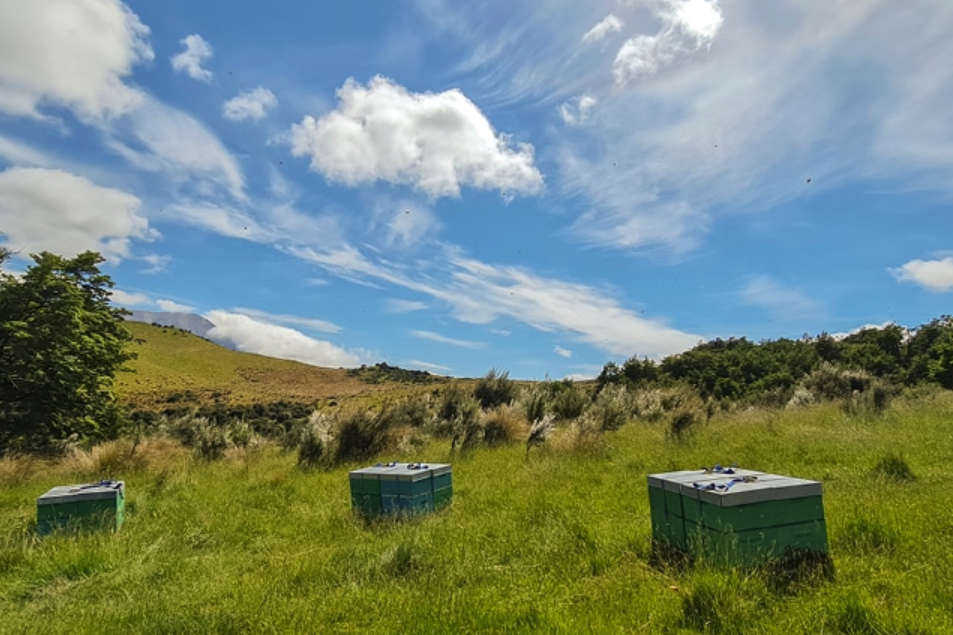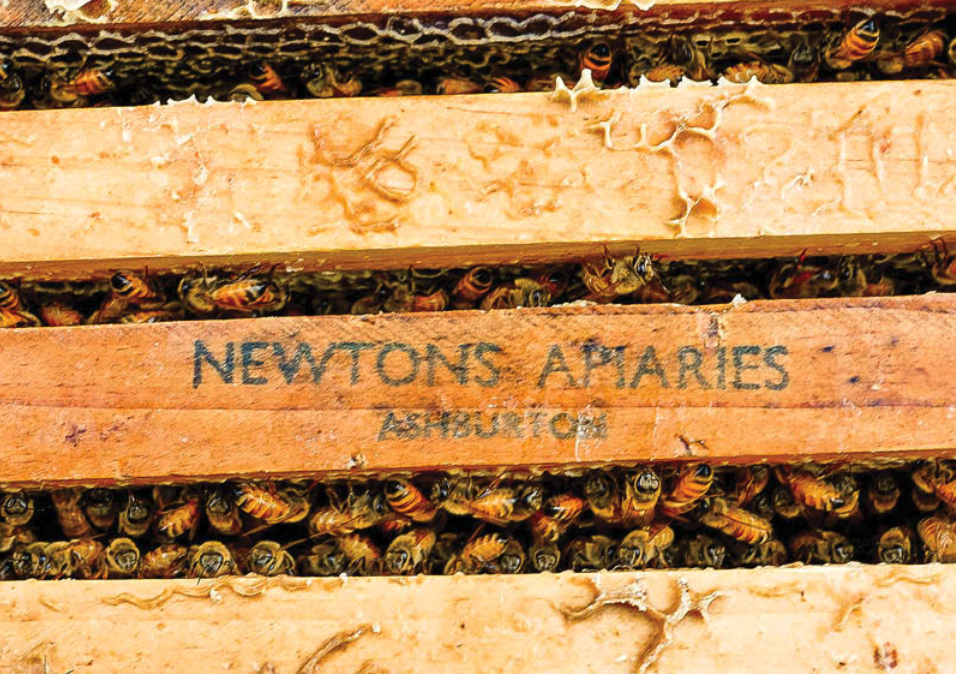Organic Honey vs Conventional. What's the Buzz?
Leading New Zealand organic honey producers, TranzAlpine Honey, give us the low down.
Certified organic honey vs conventional, commercially produced honey. I mean, it’s all pretty much the same right? In short, that couldn’t be further from the truth. There are massive differences between the $5 jar and the $50 jar and you may be surprised to learn that it has very little to do with just the price.
And it is not about fancy packaging or clever marketing either. In fact, the reality is that the cost of the cheaper, commercially produced version is far greater than we realise.
Certified organic honey vs conventional honey
To be certified organic in New Zealand you must adhere to some of the most stringent and rigorous legislation in the world. No surprise there. But did you know that out of 10,165 registered beekeeping enterprises in New Zealand, there are only a handful of organically certified honey producers, of which TranzAlpine is one.
That is a pretty stark industry gap, especially considering the environmental and biodiversity impact that commercial apiculture has on our natural pollinators and our future food security, both of which are facing a crisis.
“The production of certified organic honey is about absolute sustainable integrity – from the placement of the hives, right up until production, packing and shipping.”
Food for Thought
Organic vs Conventional
It’s all pretty much the same right? In short, that couldn’t be further from the truth.
Conventional and Organic Apiculture
Yuriy Soshnikov, MD at TranzAlpine Honey walks us through some of the differences between organic and conventional apiculture practices.
“The certified practices of organic farming in New Zealand not only support climate change mitigation and food sovereignty – the right to independently produce healthy and culturally appropriate food that doesn’t come at the expense of the environment – but also underpins future food security.
Commercial apiculture, even small operations, has a direct impact on climate change and biodiversity conservation by not taking critical steps to preserve declining natural habitats or conserve bee populations.
Additionally, residues from nearby agricultural spraying and urban pollution find their way into conventionally produced honey that our families are consuming. In comparison, certified organic honey has absolutely no traces of sprays or synthetic chemicals.”
Bees are on the front lines in the battle against climate change
The production of certified organic honey is so much more than not using pesticides or chemicals. It’s about building and nurturing stronger and more diverse ecosystems that are resilient and robust. It's about education for families, customers, suppliers and the industry so that we can all do our bit to decrease the adverse effects of global warming.
It’s about investing in the less harmful elements of production - like wood frames and hives over polyhives and hydrocarbons.
Everything we do now has an impact on the food security of generations to come.
Pesticides, herbicides, and agricultural spraying are non-selective. This means they kill a host of critically beneficial insects including bees. Over 40% of insect species are rapidly declining and 58 species are already extinct, gone forever.
Organic beekeeping is about making sure that honey is produced in a sustainable and eco-friendly way, being able to trace exactly where our bees have been, and what they might’ve met along the way and protecting the future of the bee colonies.
“Through constant learning, improvements and sustainable practices, we can continue to produce superior-quality honey just as nature created it.”
Organic Honey Production Protects Our Bees
Organic products are without a doubt, a superior food choice. But they do have a bad rap for being more expensive and less readily available.
As consumers, we have the power to change that.
Every time we buy something, we cast a vote with our wallet for the kind of world we want now and one we want to leave behind for future generations.
Producers respond to demand, we have the power to create it.
With the long-awaited passing of the New Zealand Organic Standard legislation into Parliament, pioneered by organic champions like TranzAlpine Honey, New Zealand has an opportunity to lead the way.
We can show the world that we do not need to do things like medicate bees and feed them chemicals while spreading toxins in their natural foraging paths to produce honey products.
“As New Zealand’s largest organic honey producer and exporter, we take our responsibility to care for our environment and respect the bees as seriously as we did when we started beekeeping over 100 years ago.
We continue to produce our honey with the utmost care and attention to the bees and the land – sustainably and naturally organic.”
When you choose organic products, you can be assured of peace of mind knowing that you are playing your part in protecting the bees and natural pollinators so that we may all live in harmony for generations to come.


